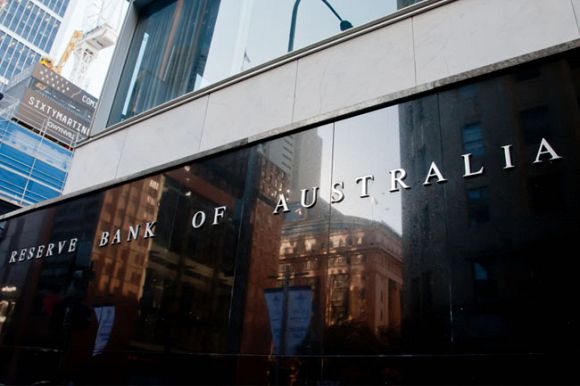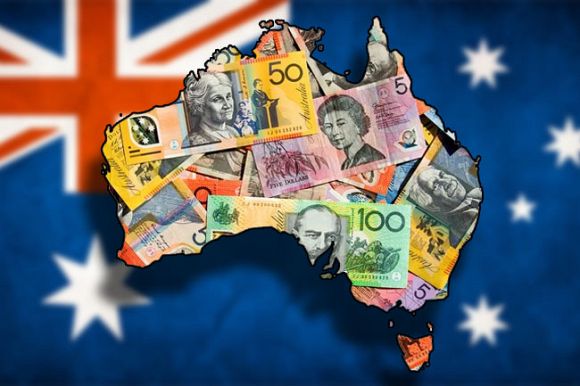Prime Minister Albanese needs to take back control of interest rates and stop letting the Reserve Bank dictate how to run the economy, writes Dr Klaas Woldring.
THERE HAS BEEN quite a lot written about the level of the Reserve Bank's interest rate and its effect on the economy.
The interest rate has to come down. The rate is widely regarded as much too high and the hesitation to bring it down is now regarded as affecting the economy and many people quite detrimentally. That is to say despite positive results by the Treasurer under difficult circumstances, a large number of people on very low incomes are battling.
It seems to me that this is the result of a situation of split sovereignty on this very important issue. The system in Australia is that the Reserve Bank has the final say over this matter. Whatever the cause of this situation it makes no sense to me. Growth is very slow and low incomes have resulted in major union strike activity over wages.
In the past, when the Government decided on this rate, apparently at times it reached very low levels with some undesirable consequences. If that happens, the people can vote the government out at the next election. It would be ridiculous if a government were to lose the next election because the Reserve Bank kept the interest rate too high for too long.
This is now a real possibility and requires PM Albanese to shed his timidity. We cannot end up with a Dutton government for many other reasons as well. What happened in the U.S. can happen here, quite possibly. Senior journalists are even suggesting Albanese should be replaced; if not before the Election then soon after, should the ALP have a narrow win or the Election results in a minority ALP Government. The latest opinion polls, however small the number of people interviewed, actually suggest an ALP loss.
If the Reserve Bank persists in refusing to reduce the interest rate, the ALP Government has to intervene. The sluggish growth would end and turn to steady growth quite quickly in the new year. This is now becoming a serious election issue in itself. The sovereignty of the elected government surely cannot be undermined by the views of the unelected Chair of the Reserve Bank and her advisers, no matter how well argued.
The idea that the Reserve Bank shares sovereign power to refuse an interest rate cut has no constitutional basis. The importance of this matter surely is far-reaching. The Government can and must act, and could delay the 2025 Federal Election to allow spending to increase.
Shane Wright, in a recent Sydney Morning Herald article, takes issue with Reserve Bank Governor Michele Bullock on her view that unemployment needs to be around 4.5 per cent to curb inflationary pressures. He is unimpressed with this view and Bullock's predecessor Philip Lowe's similarly over-cautious views.
In any case, the power to actually stop the Government from following its own policy is what I regard as an undesirable control over the essence of democratic government. Surely, the advice of the Reserve Bank is very important, but it should not be possible for it to actually dictate to the Government how to run the economy.
Clearly, this is what has been happening for far too long. Albanese has an opportunity here to insist that the elected government governs Australia, not the Reserve Bank. That in itself would be a positive move on his part, the result of which could provide encouragement to overcome his serious timidity on other issues like the environment.
Bold decisions are needed now to rescue the ALP Government. The Christmas break could provide opportunity to reflect on that suggestion.
Dr Klaas Woldring is a former associate professor at Southern Cross University and former convenor of ABC Friends (Central Coast).
 This work is licensed under a Creative Commons Attribution-NonCommercial-NoDerivs 3.0 Australia License
This work is licensed under a Creative Commons Attribution-NonCommercial-NoDerivs 3.0 Australia License
Support independent journalism Subscribe to IA.

Related Articles
- Some very basic questions for the Reserve Bank of Australia
- RBA deputy governor hits a few prophets for six
- Interest rate cuts around the world — Australia should join the gang
- Reserve Bank playing with fire — beware of the creeping recession
- Unemployment — the forgotten target of the RBA













